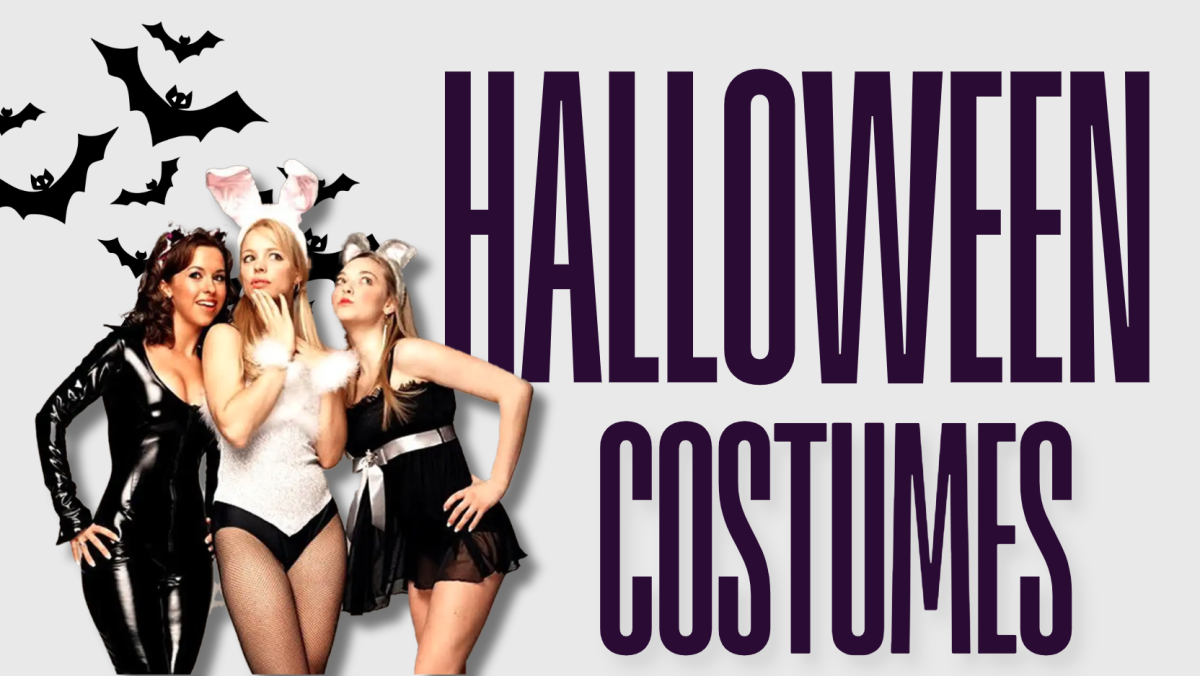A new rendition of the beloved story of William Shakespeare’s “Romeo and Juliet” began previews on Broadway at the Circle in the Square Theatre on Sept. 26. The show gained significant popularity very quickly with Kit Connor of Netflix’s “Heartstopper” and Rachel Zegler of Stephen Spielberg’s “West Side Story” portraying the most famous fictional couple of all time. To top it all off, the show’s music is provided by the esteemed producer Jack Antonoff. This excitement sparked debates surrounding theater etiquette, reminding the internet of a longstanding rule that it is illegal to record Broadway shows. This rule should continue to be respected, despite social media’s omnipresence in our lives.
Although Shakespeare’s “Romeo and Juliet” is a tale as old as time, its current run on Broadway introduces a new, modern spin that leaves room for an audience member’s imagination. Uploading recordings or illegally taken photos online is disrespectful to everyone involved in the creation of the show, from the actors to the set designers. It’s a form of piracy and may deter people from wanting to see the show, as they can just access “highlights” online. Beyond the greater disrespect to those benefiting financially from the show’s production, it is disrespectful to the actors and fellow audience members in the theater. “What light through yonder window breaks?” It’s an iPhone 15, illegally recording “Romeo + Juliet.” Nobody wants to hear an iconic line next to someone glued to their screen. A large part of the magic and charm of live performances is to live in the moment. If somebody is watching a leaked clip, often referred to as a slime tutorial, the show is not live, even if it’s being live-streamed. Broadway’s strict recording rules allow audience members to live in the moment and ensure they’re not distracted by their neighbors.
The exclusivity of Broadway — only allowing those able to buy a ticket to see and know the show — can obviously be problematic. The Disney+ proshot of “Hamilton,” released in 2020, brought an expensive, highly sought-after show to those who could not afford to see it live in person. But that movie was authorized, whereas recording it stealthily and sharing clips on social media can be considered theft. Sharing spoilers via memory with friends: fine. Sharing them with millions of people via a TikTok video that was illegally recorded during the show becomes a real, more considerable problem.
Connor and Zegler are pulling in younger audiences, who are often heavy users of social media wanting to share experiences with their followers. However, this social media buzz via leaks may have led to an increase in ticket sales. In a way, it’s free advertising, as I was more excited to buy tickets myself after I unwittingly saw a leaked video of a now-infamous kiss scene (if you know, you know). Although these social media leaks may seem helpful or inevitable in some aspects, something being inevitable is not the same as something being right — morally or legally.
Some venues have begun to put phones in locked bags for the duration of certain concerts, comedy shows or live podcast recordings, which could be a way for Broadway to enforce these no-recording-allowed rules across the board. Even if spoilers may escape via textual memory, by enforcing these rules against phone usage during the shows, those who worked so hard on the show are protected. With the previews of the show having begun less than a month ago and the show set to open this upcoming week, the long-term success of the show is still unknown. However, I believe proshots of Broadway shows such as “Romeo + Juliet” would help prevent illegal recordings.
Whether it be through online anticipation fueled by traditional marketing — or spoilers — I’m excited to see this new production in a week, with my phone shut off and away in my bag.








































































































































































































